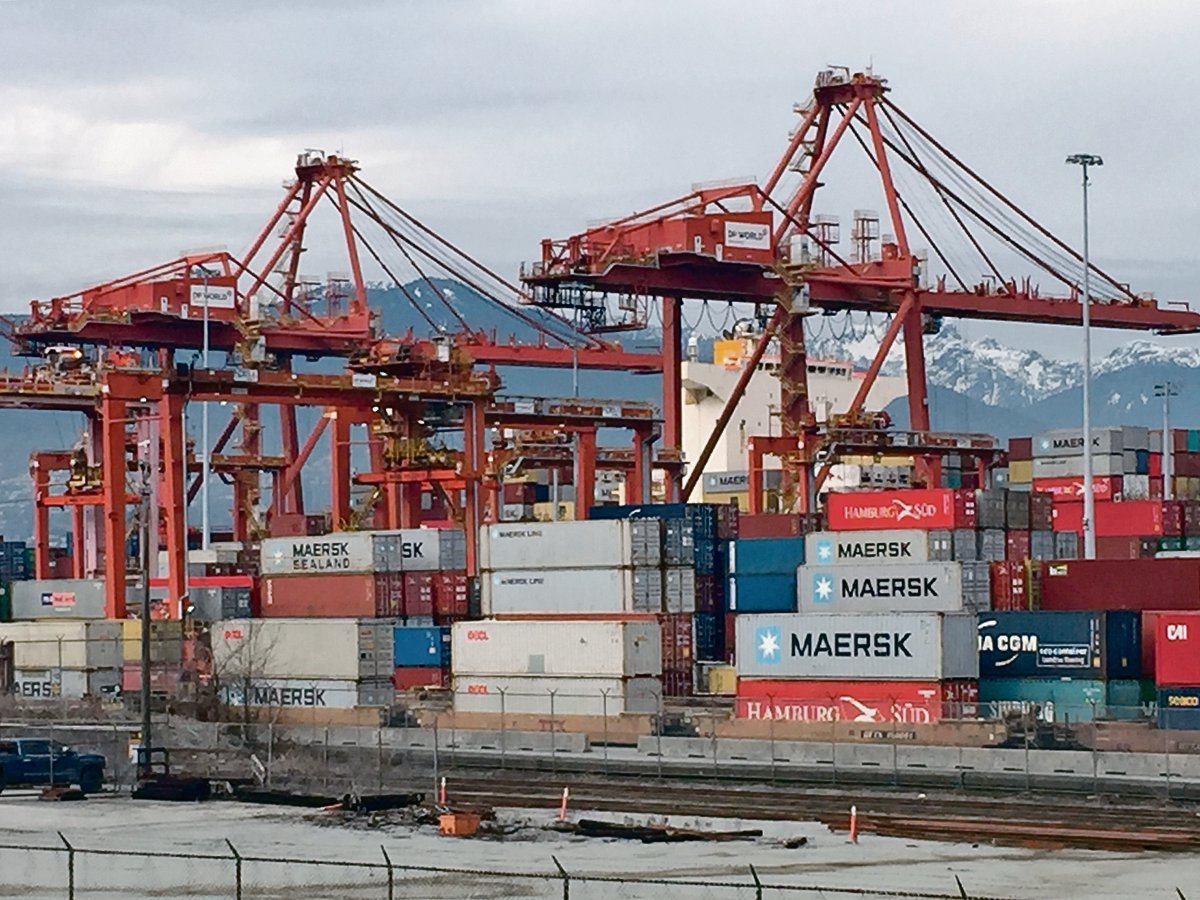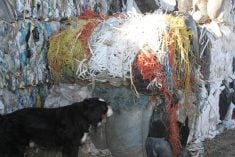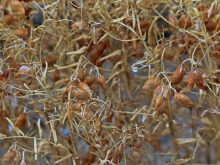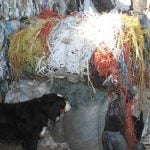QUEBEC CITY – Expectations for a breakthrough were low this week as a large contingent of Canadian negotiators and lobbyists prepared to fly to Geneva for a crucial meeting to break a World Trade Organization negotiation logjam.
“There is still much work to be done to resolve outstanding issues,” federal agriculture minister Gerry Ritz said July 10 in a statement. “Wide gaps continue to separate many countries’ negotiating positions.”
He said no matter what happens in Geneva next week, there will be no quick changes in trade rules so those who fear damage from the deal should calm down.
Read Also

Message to provincial agriculture ministers: focus on international trade
International trade stakeholders said securing markets in the face of increasing protectionism should be the key priority for Canada’s agriculture ministers.
Ritz described the meeting call from WTO director Pascal Lamy as an act of desperation, akin to a football quarterback lobbing the ball down the field with no obvious open receivers.
“I’m under the understanding that Pascal Lamy in his frustration and the dying hours of his tenure has basically thrown a Hail Mary pass and he’s hoping that somebody is going to catch it and carry on,” the minister said July 11.
There is widespread speculation that a failure to reach agreement next week will derail the WTO Doha Round negotiation, now in its seventh year, for at least a year or more as the United States and several other key countries change leadership.
Lamy’s term as WTO chief bureaucrat ends next year, subject to renewal.
Earlier that day in Geneva, agriculture negotiations chair Crawford Falconer had issued his latest proposed agreement. It continued to call for deep cuts in domestic farm supports, an end to export subsidies with a possible end of state trading monopolies by 2013 and substantial cuts in protection for sensitive products including tariff and quota restrictions that Canada uses for dairy, poultry and egg sectors.
The text made clear that many compromises that governments have not been willing to make will confront ministers next week.
Canada won’t budge
In Canada’s case, Ritz reiterated the position that any reduction in supply management protection is unacceptable.
Canada must reject the latest proposal, said David Fuller, chair of Chicken Farmers of Canada and one of many supply management leaders who huddled in Quebec City July 10-11 to assess the latest WTO text and to plot strategy.
Ministers from as many as 40 countries, including Canada, have been summoned to Geneva for July 19 with formal negotiating sessions scheduled to last July 21-25.
While supply management leaders will urge Ritz to not compromise on supply management, representatives of the Canadian Agri-Food Trade Alliance that ranges from cattle and canola to some grain groups, sugar and agribusiness, will be insisting Canada cannot contribute to a stalemate.
“CAFTA is continuing to urge Canadian political leaders to support lowering of tariffs and expansion of quotas on sensitive products to ensure commercially meaningful market access gains for all Canadian agrifood products,” said CAFTA president Darcy Davis.
Ministers also will be divided between Alberta and Saskatchewan calling for compromise and a good export deal, and other provinces insisting supply management be protected.














